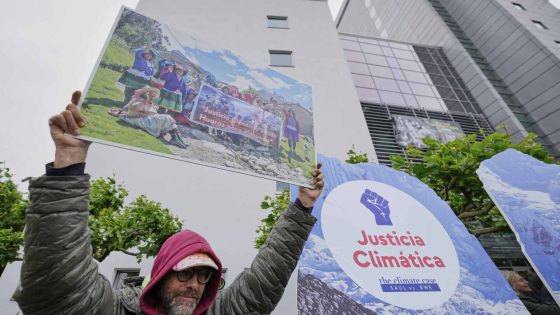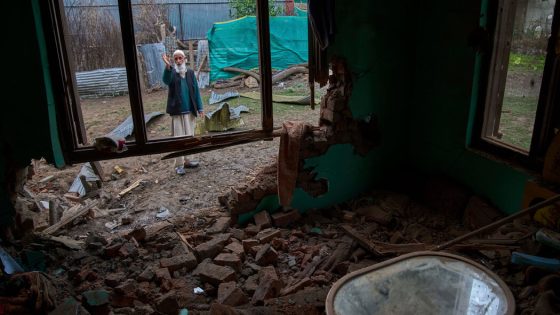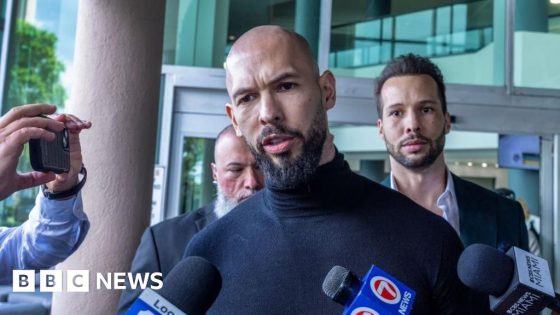A German court’s recent ruling in a landmark climate lawsuit has significant implications for global accountability regarding greenhouse gas emissions. On 2025-05-28 16:57:00, the court dismissed a case brought by Peruvian farmer Saúl Luciano Lliuya, who argued that melting glaciers in his hometown were exacerbated by emissions from German energy giant RWE.
- German court rules against Peruvian farmer
- Lawsuit links RWE emissions to climate change
- RWE denies legal responsibility for impacts
- Case sets precedent for future climate lawsuits
- Attorney calls ruling a milestone for accountability
- Lliuya cannot appeal the court's decision
Lliuya’s lawsuit claimed that RWE’s historical greenhouse gas emissions contributed to global warming, increasing the risk of catastrophic flooding in Huaraz, Peru. Although the court ruled against him, it rejected RWE’s argument that it could not be held liable under German civil law, marking a potential turning point in climate litigation.
This case raises important questions about the responsibility of corporations in the climate crisis. Can individual companies be held accountable for global issues like climate change? The court’s decision suggests a shift in legal perspectives, emphasizing accountability.
- RWE denies legal responsibility, stating climate change is a collective issue.
- The ruling may inspire similar lawsuits worldwide.
- Experts view this as a significant precedent in climate accountability.
As climate change continues to threaten communities worldwide, this case underscores the need for robust legal frameworks that hold corporations accountable. Will this encourage more activists to take legal action against fossil fuel companies?
































